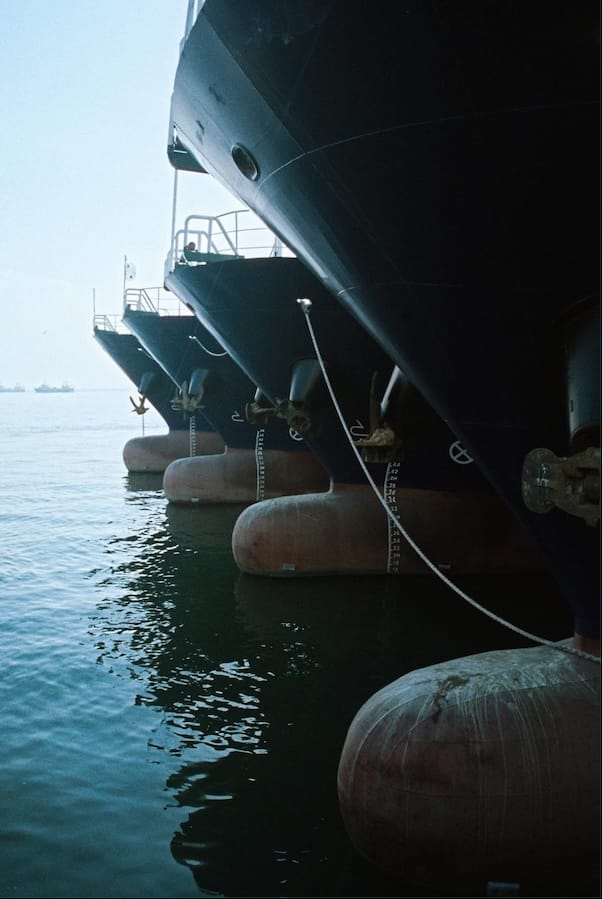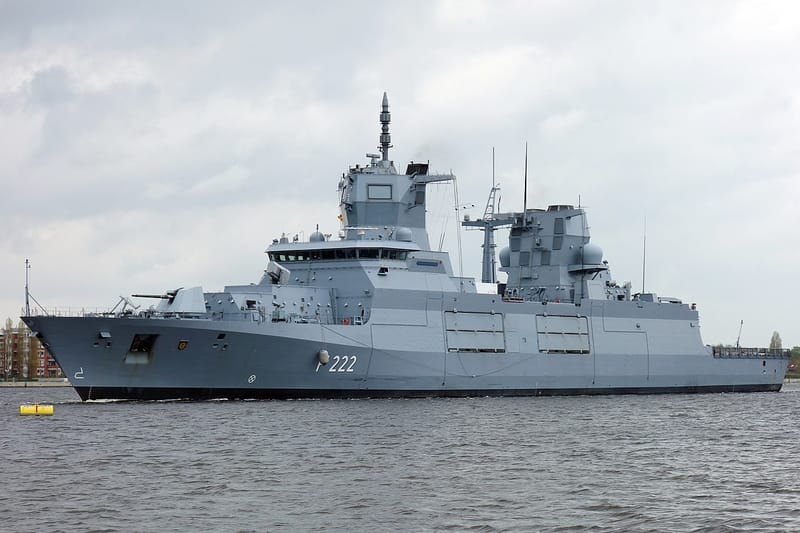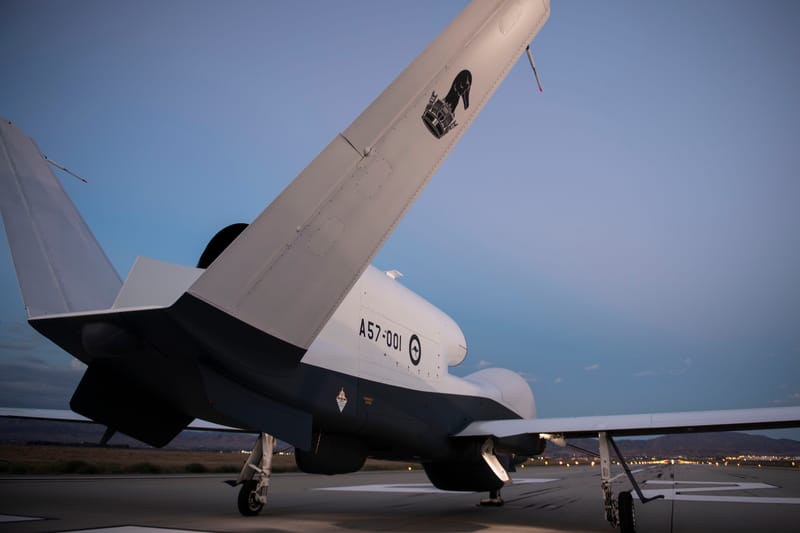Japan and EU Forge Historic Defence Partnership in the Indo-Pacific - Is South Korea Next?
Japan and the EU formalize their first security pact, strengthening Indo-Pacific ties. South Korea will be visited next.

Japan and the European Union have launched a security and defence partnership - The first formal arrangement of this kind with an Indo-Pacific country.
Announced by Japanese Foreign Minister Takeshi Iwaya and EU foreign policy chief Josep Borrell, the partnership aims to bolster military cooperation through joint exercises, defence industry exchanges, and regular security dialogues as tensions rise with China, North Korea, and Russia.
Borrell, on an East Asia tour that includes South Korea, highlighted the strategic timing of the partnership in response to increased military activities by China and Russia in the region. He and Iwaya also expressed "grave concern" over Russia’s cooperation with North Korea, specifically the deployment of North Korean troops to Russia and ongoing arms transfers. Both sides reaffirmed support for Ukraine and condemned Russian aggression.
Specific Areas of Cooperation
Under the new EU-Japan partnership, both parties will conduct joint naval exercises, strengthen cybersecurity, collaborate in space defense, and consider an intelligence-sharing agreement. They will also share defense industry information and work on nuclear disarmament initiatives.

Großwald Curated: Key Components of the Partnership:
- Joint Military Exercises: The agreement includes plans for regular joint naval exercises, potentially involving other nations, to bolster maritime security and interoperability between Japanese and EU forces.
- Defense Industry Collaboration: Both parties have committed to facilitating exchanges between their defence industries, promoting technological innovation, and strengthening supply chains.
- Strategic Dialogues: The partnership establishes a framework for regular working-level security and defence dialogues, fostering continuous communication and coordination on mutual security interests.
Context and Motivations:
The agreement emerges amid continued tensions in the Indo-Pacific region, particularly concerning China's assertive actions in the South and East China Seas, North Korea's missile developments, and Russia's military activities.
EU foreign policy chief Josep Borrell emphasized the "dangerous global climate" and the necessity for alliances among like-minded nations to address these challenges.
Japan's Foreign Minister Takeshi Iwaya highlighted that Japan-EU relations are "stronger than ever," underscoring the strategic importance of this partnership in maintaining regional stability.
Japan's Expanding Defense Strategy
Japan, under its updated 2022 security strategy, has intensified military cooperation with allies like the U.S., U.K., and Australia to counter a more assertive China. In line with its defence buildup, Tokyo has eased arms export restrictions, enabling projects like a next-generation fighter jet with the U.K. and Italy. From a Japanese perspective, the newly announced partnership with the EU can be seen as significant continuation in the pursuit of their national security interests.
Related Article:

Broader Security Implications
Earlier, Borrell and Japanese Defense Minister Gen Nakatani agreed on the interconnected nature of security in Europe and the Indo-Pacific, committing to deeper cooperation on regional challenges, including North Korea’s missile development and increasing military ties with Russia.

Großwald Curated: Key Points of the Visit
Borrell described the trip as a continuation of efforts to align on geopolitical issues and strengthen shared values with two of the EU’s key regional allies:
- Tokyo (Friday): Borrell co-chaired the EU-Japan Strategic Dialogue with Foreign Minister Takeshi Iwaya, preceded by a press briefing broadcast on EbS. He also met with Defence Minister Gen Nakatani.
- Seoul (Monday): Borrell will co-chair the EU-South Korea Strategic Dialogue with Foreign Minister Cho Tae-yul, with a press briefing on EbS. Meetings with Defence Minister Kim Yong Hyun and a visit to the Demilitarised Zone (DMZ) and Joint Security Area (JSA) are also planned.
Is Seoul Next?
The European Union (EU) is increasingly viewing South Korea as a key partner in its Indo-Pacific security strategy. Strengthening EU-South Korea ties could enhance efforts to address regional dynamics and bolster collective security frameworks. Enhanced intelligence sharing, particularly on North Korean missile developments and cybersecurity threats, could become a cornerstone of this partnership.
Maritime Defence and Free Trade Agreements?
In the maritime sphere, the EU and South Korea might engage in joint naval exercises or collaborate on patrolling key waterways, especially in areas where China's influence is growing. Such operations could highlight South Korea as a primary maritime ally for the EU in the Indo-Pacific, helping to uphold international maritime laws and keep sea lanes open.
Expanding the existing Free Trade Agreement to include security-focused provisions, such as export controls and sanctions coordination, could reinforce the economic-security linkage, positioning Seoul as a central partner in the EU's regional strategy.
Establishing a recurring Indo-Pacific Security Dialogue could also be on the horizon, focusing on nuclear non-proliferation, hybrid threats, and regional stability. Such a platform would underline Seoul's importance in the EU's Indo-Pacific agenda, creating a structured avenue for sustained, high-level security coordination.
Sources: AP, eeas.europa.eu, SWP, The Diplomat





